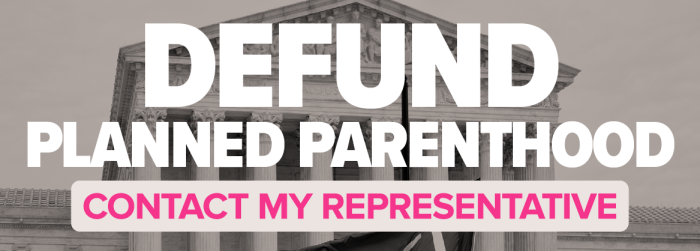Thanks to two state laws allowing easier distribution of birth control, the University of Connecticut (UConn) has become the first institution in the state of Connecticut to allow Plan B ’emergency contraception’ to be sold through on-campus vending machines, further encouraging casual sex. In addition, UConn’s School of Pharmacy plans to begin training pharmacists in prescribing birth control.
In 2023, state lawmakers voted to allow the sale of birth control and contraception in vending machines. The first Plan B vending machine at UConn is located on the Storrs campus due to the efforts Student Health and Wellness (SHaW) medical director Dr. Peter Davis Smith.
Liz Gustafson, Connecticut state director of Reproductive Equity Now, wrote in an email to the Yale Daily News that the “vending machines are life-changing” for those who “don’t have easy access to off-campus transportation or for whom cost is a barrier.”
Allowing young women or men to obtain Plan B through a vending machine removes the opportunity for women to receive counseling regarding their desire to take Plan B, including those who may have experienced sexual assault. Though the AP reported in 2023 that it would be better for sexual assault survivors to have access when pharmacies are closed and allow those survivors anonymity, it also denies them immediate support and the opportunity to report the assault.
View this post on Instagram
According to ABC 17 News, the UConn School of Pharmacy has also introduced a program to train pharmacists in prescribing birth control. The online training is expected to take just four hours.
Women have long been denied true informed consent when being placed on birth control, with a number of young women dying from associated blood clots. According to UConn, the decision to add training in hormonal birth control is the result of a shortage of primary care providers. In other words, when there is a doctor shortage, naturally the best move is to increase access to birth control — not actual health care. Gov. Ned Lamont used this as an opportunity to make his first visit to UConn’s School of Pharmacy in celebration.
READ: Federal law prohibits sending abortion drugs by US mail… so why isn’t it being enforced?
The active ingredient in Plan B is levonorgestrel, which has previously been described as having the ability to cause an abortion by preventing an embryo from attaching to the uterine lining. However, the FDA removed that description warning from boxes of the drug shortly after the overturning of Roe v. Wade, and the FDA now states that levonorgestrel prevents pregnancy only by preventing ovulation.
Yet, questions still remain surrounding levonorgestrel. Plan B has been available over the counter since 2013, and as early as 2014, Plan B requested that the FDA alter the label to state that it does not prevent the implantation of a newly formed human being — despite evidence that it has the potential to do so. Studies have shown that all forms of emergency contraception, including Plan B, have the potential to function as abortifacients. Read more here.
According to UConn, because of a partnership with the Undergraduate Student Government, Plan B will be available for free to undergraduate students, and graduate students can get it for $15. There is no need for a prescription and students can use the school’s Husky Bucks to pay for the pills.








